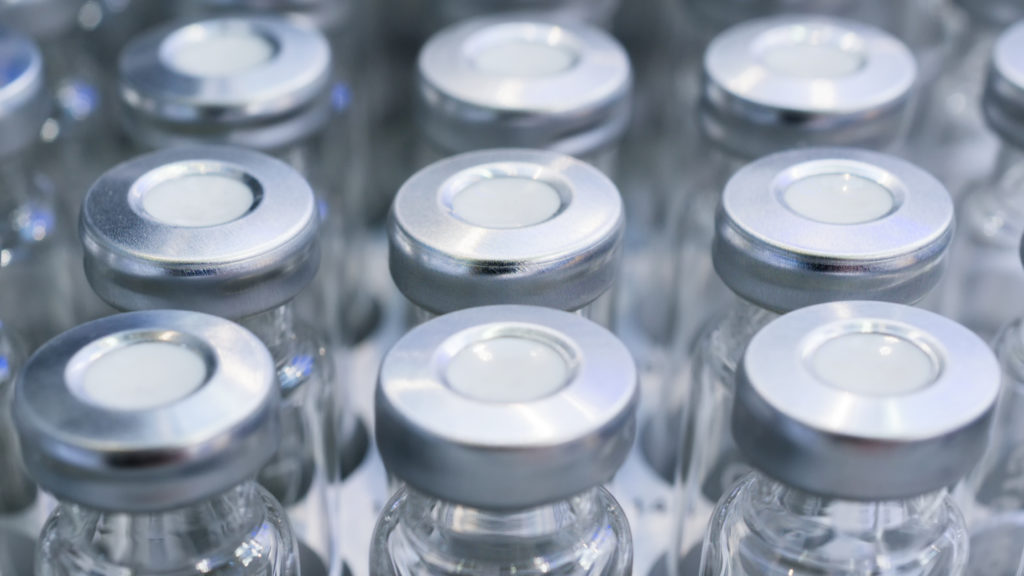
Hundreds of telehealth companies, concierge medical practices, and medical spas have over the last few years built huge businesses offering compounded versions of popular GLP-1 obesity drugs while branded versions were in shortage. In more than 50 warning letters sent last week and published on Tuesday, the FDA took these health providers and companies to task for false and misleading claims about the compounded products they market.
The FDA has framed the letters as part of a broader crackdown on direct-to-consumer drug advertising from the Department of Health and Human Services, which also included dozens of letters to drugmakers about promotional activities. More than half of the heavily publicized letters were directed at providers and companies offering compounded drugs. In a New York Times opinion column explaining why “the FDA is taking action” this week, Commissioner Marty Makary highlighted “online pharmacies” marketing drugs without presenting an adequate balance of risks, and in particular a Super Bowl ad from Hims & Hers “parading the benefits of GLP-1 drugs without any mention of side effects.”
Advertisement
But the compounding letters’ scope is narrower than that messaging suggests. They do not center on the absence of side effects or risk information. Instead, they focus on claims that compounded drugs are the same as FDA-approved medications, both generic and branded. Getting companies to tweak this aspect of their marketing is unlikely to change how consumers interpret the messages, experts said.



